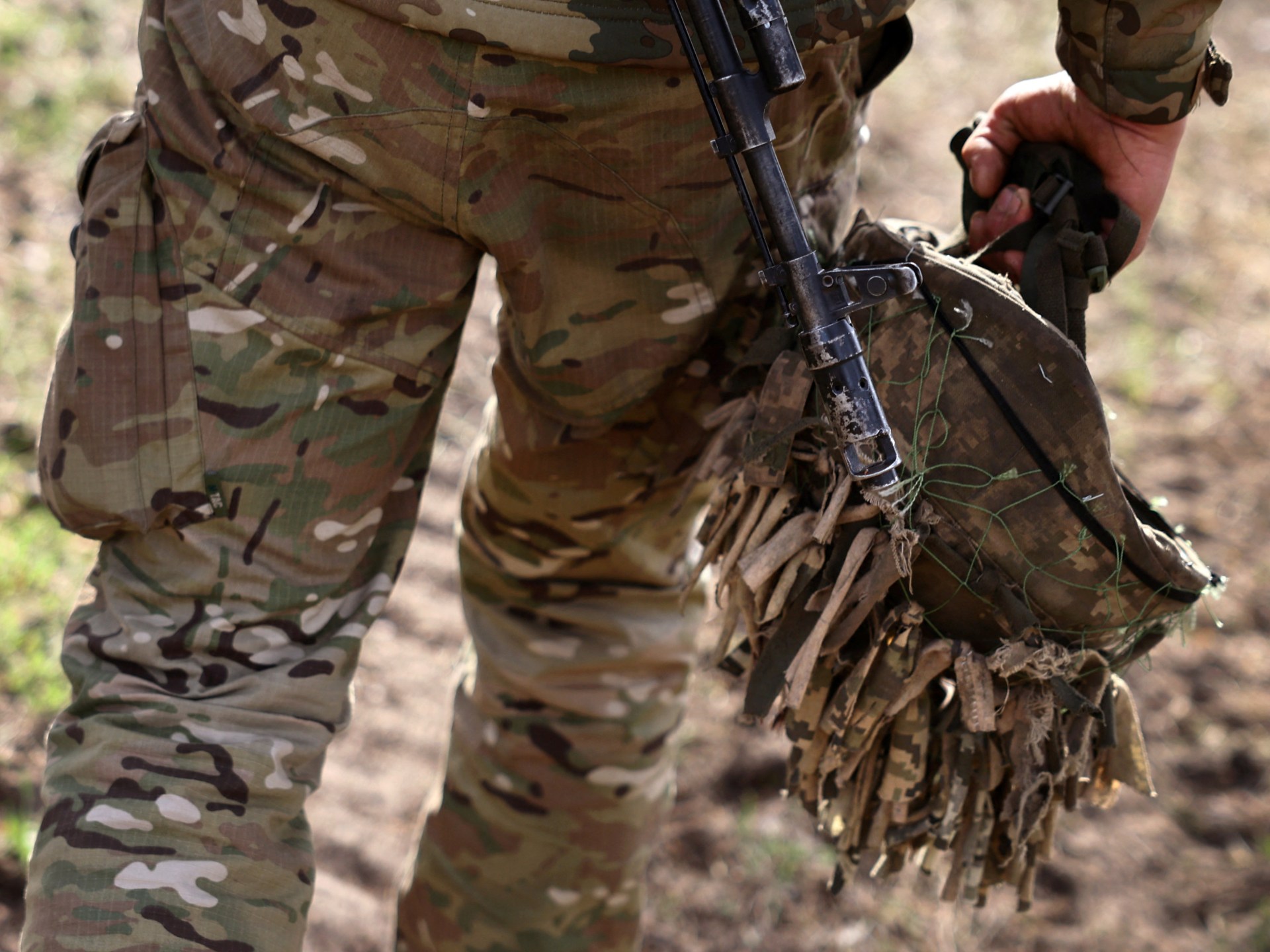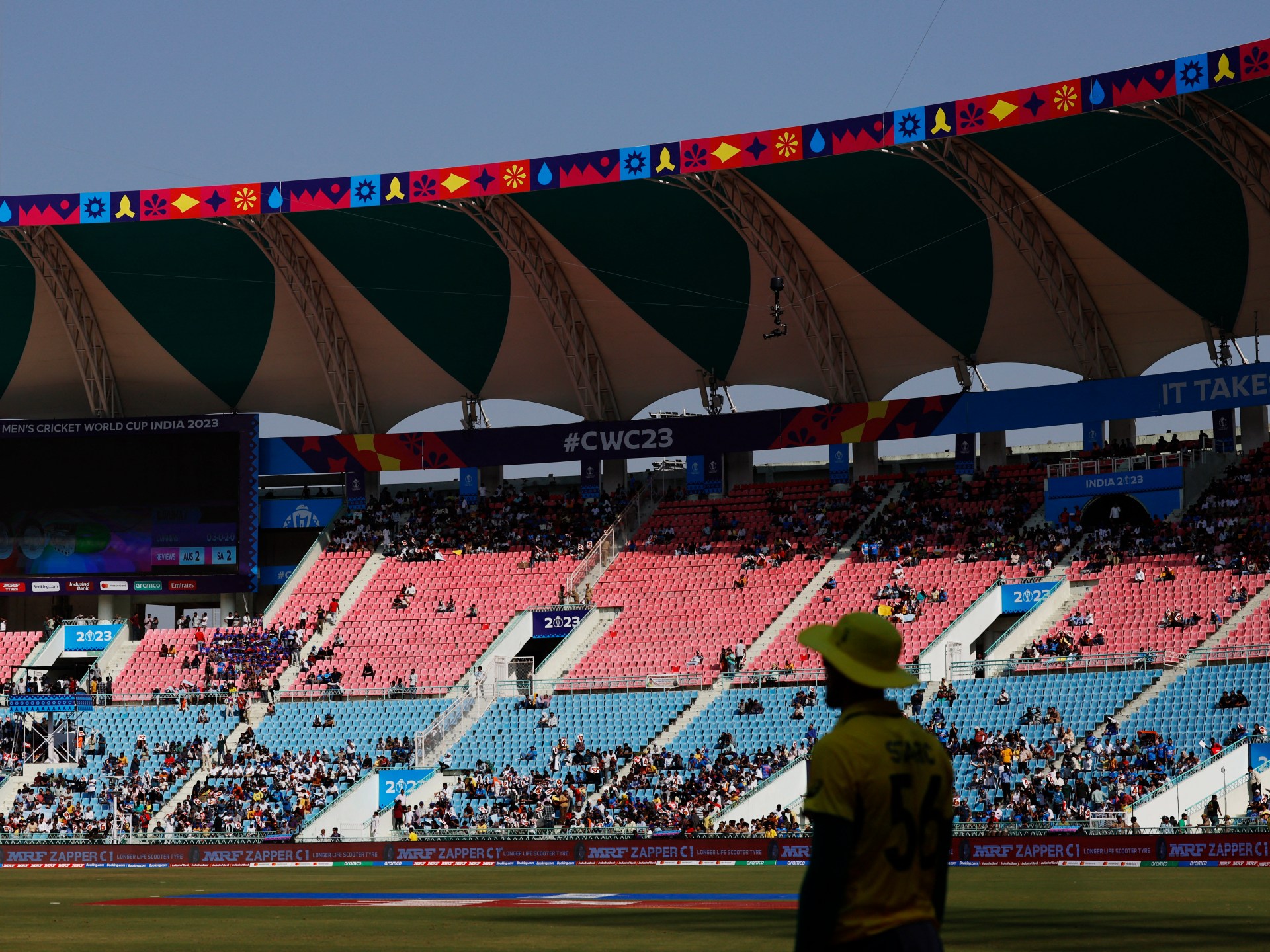Turkey is aligned with the West in regional turmoil
"An official at the Israeli Foreign Ministry meets with the group of Turkish journalists inside the boarding bridge, separates them from other passengers and takes them to the passport control in a vehicle that was waiting near the runway "he wrote online Gurcanli to Hurriyet, a Turkish newspaper.
"Passport control takes two minutes, we all have normal passports, but we are allowed to pass through the diplomatic section."
VIP treatment and extensive articles on the views of Israel in the daily newspapers in Turkey reflect a relaxation of tension between the two countries, although it is too early to call it a rapprochement. The mood contrasts with the downturn in relations between Turkey and Syria, an enemy of Israel, whose troops occupied areas near the border with Turkey in suppressing the protests against the government.
More generally, the popular uprisings in the Middle East and North Africa have placed Turkey, the largest Muslim member of NATO, closer to its traditional Western partners in shared called for reforms and an end to violence. The coordination, at least for now, it undermines the sense that Turkey had been touring "east" by establishing relationships with new friends like Iran and Syria at the expense of Israel and other Western interests.
Turkey had said it was expanding its range of diplomatic and economic relations in recent years under a policy known as "zero problems" with the neighbors, but is being forced to rethink an approach that has been considered in various ways, from ambitious to naive and ecstatic visionary.
"Syria was the example ‘perfect’ policy of zero problems. Working with the West allows Ankara swing in a way that saves face," he wrote in an e-mail to The Associated Press J. Henri Barkey, an expert on Turkey from Lehigh University in the United States and visiting scholar at the Carnegie Endowment for International Peace.
"This shows that Turkey is a responsible power that deserves to be taken into account," Barkey wrote, noting that U.S. President Barack Obama and Turkish Prime Minister Recep Tayyip Erdogan, who won a third term in elections this summer have maintained regular telephone contact on the issue of Syria. More than 10,000 refugees sheltered in Syrian camps are on the Turkish side of the border.
Turkey was reluctant to the idea of ​​a NATO operation against Moammar Gadhafi’s Libya. Ended up contributing to ships and other military means, although not involved in attacks on forces loyal to embattled leader. As in Syria, Turkish leaders they encountered the limits of an unbridled commitment to the region when Gaddafi rejected his repeated appeals to make concessions to the opposition.



